In this article
If you’re unsure about the quality of your tap water, you may be concerned about drinking it yourself or offering it to your cat. Distilled water is an alternative to tap water, but can cats drink distilled water, and is it safe for them?
Since distilled water is pure and free of contaminants, it is perfectly safe for cats to drink. However, you might not want to offer it as the only source of hydration to your cat.
Read on to learn more!
Types of Water
Yes, there are different types of water! In this article, we’ll focus on distilled water, but these are the main types of water available.
- Tap water. This type of water is usually stored in reservoirs and is made up of mostly rainwater. Before it’s piped into the main system, it will be filtered and treated with a range of chemicals, including chlorine and sometimes fluoride, depending on where you live.
- Spring and well water. These sources come from aquifers under the earth’s surface, as well as from ice melt and rainwater. If you get spring or well water straight from the source, then it’s natural and untreated. You can sometimes get bottled spring water, which will have been filtered. The mineral analysis for spring water can vary, depending on the location of the spring.
- Bottled water. Studies have found that 25% of bottled water is often simply tap water that’s been filtered to remove impurities. The mineral analysis will depend on the water used and the company producing it.
- Distilled water. This water is created by capturing the steam as regular water is boiled. The steam is captured in sterile conditions and condensed into distilled water as it cools. This removes impurities, minerals, and electrolytes.
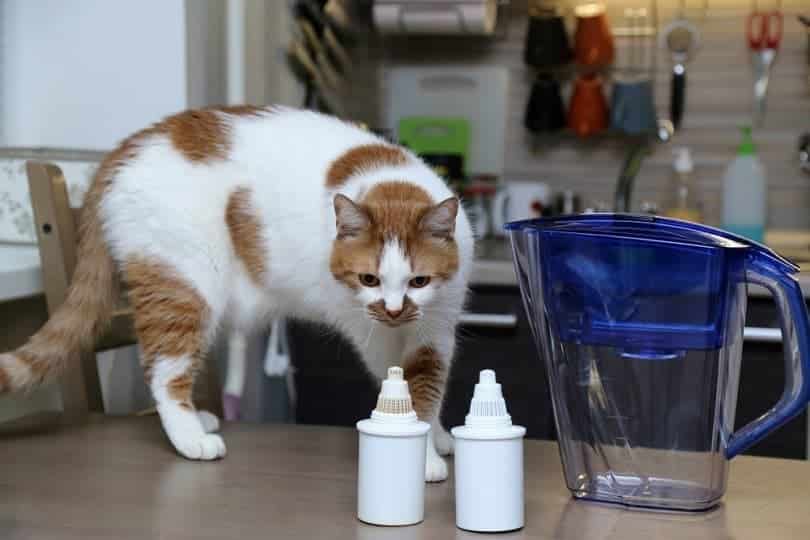
Distilled Water pH
Drinking water’s pH normally ranges from 6.5 to 8.5. Distilled water has a neutral pH of 7 right out of distillation, but since it doesn’t contain any minerals, it loses its buffering capacity and can drop to a pH of 6.9–5.5 when exposed to air or changing temperatures. That said, this is not more acidic than many normal cat foods or a cat’s gastric pH.
Still, there are no studies to prove how distilled water affects a cat’s overall health. The way that it affects a cat will most likely also be affected by other factors, including their diet and current health state. This is why we do not recommend offering distilled water to your cat as a sole means of hydration unless it has been specifically requested by your veterinarian.
Distilled Water in an Emergency
If you have absolutely no other option than offering your cat distilled water to drink, then a small amount won’t do your cat any harm in the short term.
You might find information on the internet suggesting that distilled water is safe for both cats and humans to drink. But you’ll find that these sources are almost always from companies that produce distilled water themselves. We do not have scientific evidence of the specific effects that it will have on a cat’s system, and it will likely be affected by many factors.
Re-mineralizing Distilled Water
The process of distillation removes all the minerals from water, including beneficial ones. It is possible to buy mineral drops to add to distilled water, replacing the lost minerals.
We found a few sites advocating the use of re-mineralized distilled water for cats, but we’re not sure what the point of this would be. You can achieve the same balance of beneficial minerals in water by using filtered tap water or good-quality bottled water.
Encouraging Your Cat to Drink More Water
If you’ve been considering offering your cat distilled water as a way to encourage them to drink more, then there are far better options. Cats like drinking from moving water sources, so installing a water fountain is a good way to encourage them to drink more.
Cats don’t have a high thirst drive, and in the wild, they’ll get most of their hydration needs met through the food that they eat. If your cat only eats dry food, consider having them eat wet food as well. The higher moisture-rich food, too. The higher moisture content will help hydrate your cat.
If your cat doesn’t seem to like the taste of your tap water, consider investing in a filter to remove some of the particulates and minerals that your cat might not like.
Our Favorite Cat Water Fountain
Making sure your cat drinks enough water can require a little creativity and the right fountain choice! A nicely made product like Hepper's Stainless Steel Cat Water Fountain will encourage your cat to stay hydrated by providing fresh, flowing water. We particularly like this model because it's easy to clean and offers excellent triple filtration, multiple flow modes, and a large capacity.
- Premium 304-Grade Stainless Steel - This metal cat water fountain is hygienic, with superior...
- Serene & Healthy Cat Drinking Fountain Experience - With whisper-quiet pumping & an advanced...
- Say Goodbye to Dehydration - Provide your cat with a constant source of flowing water with this...
At Catster, we’ve admired Hepper for many years and decided to take a controlling ownership interest so that we could benefit from the outstanding designs of this cool cat company!
Wrapping It Up
While distilled water might seem like a “pure” choice to offer your cat, it may not be ideal as their only water source. There is not enough evidence or scientific publications about the benefits and risks of only giving distilled water to cats. That said, it’s safe for short-term consumption because it does not contain any impurities or pathogens, and it can be an option in an emergency with no other water available. But sticking to regular or filtered tap water is the best option to keep your kitty hydrated and healthy.
If your veterinarian, who has specific information about your cat’s situation and biological samples, recommends distilled water for your cat, do follow their advice, but as a general recommendation, it is best to stick to pure fresh drinking water.
- Related Read: Can Cats Drink Pedialyte? What You Need to Know!
Featured Image Credit: ExplorerBob, Pixabay
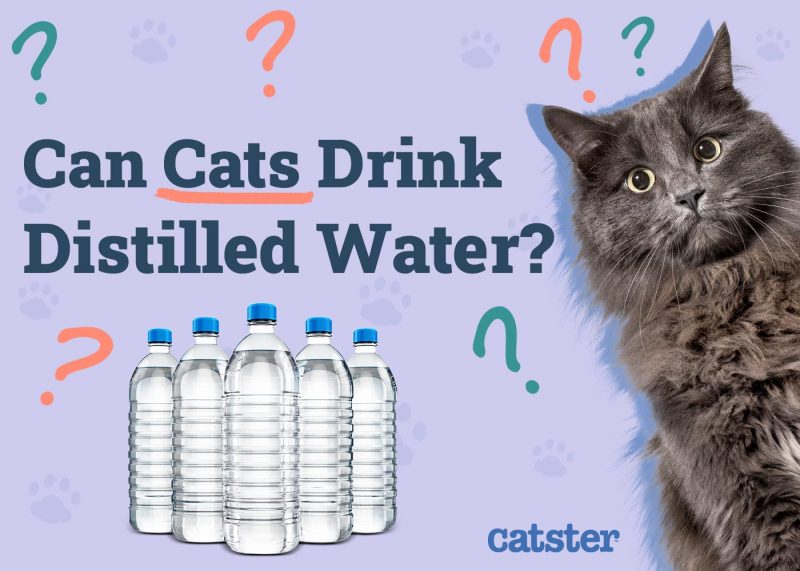





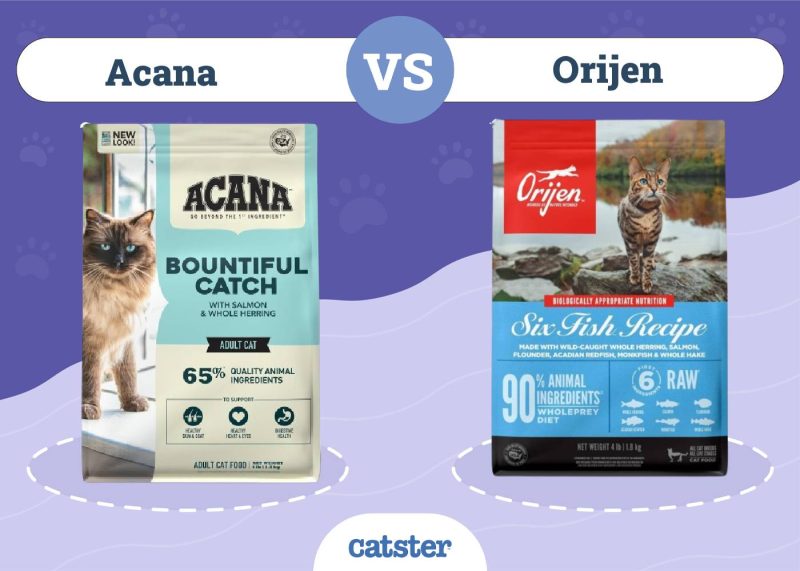
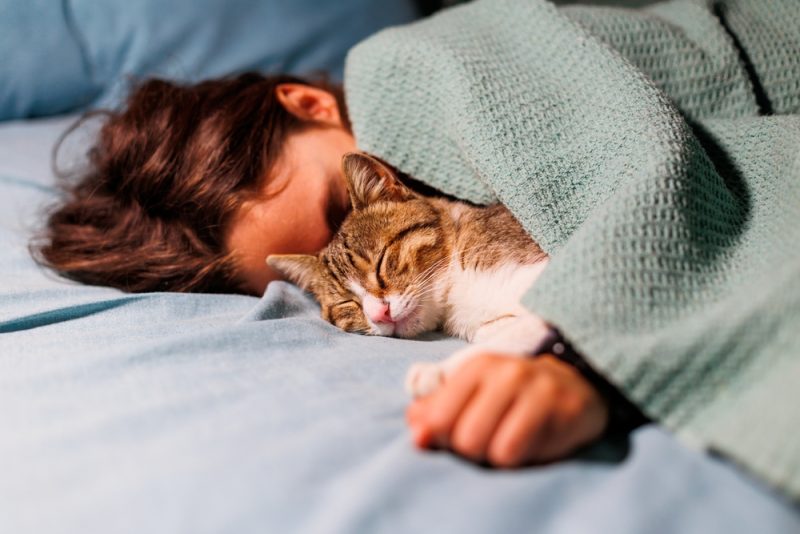
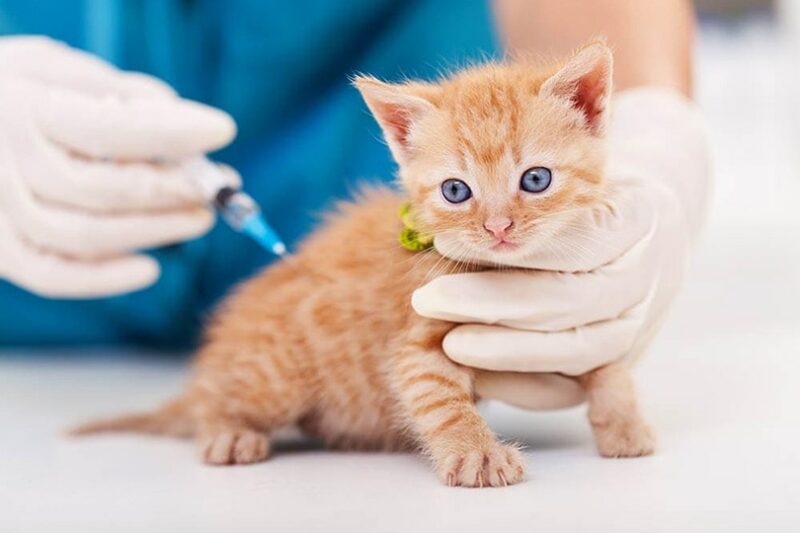

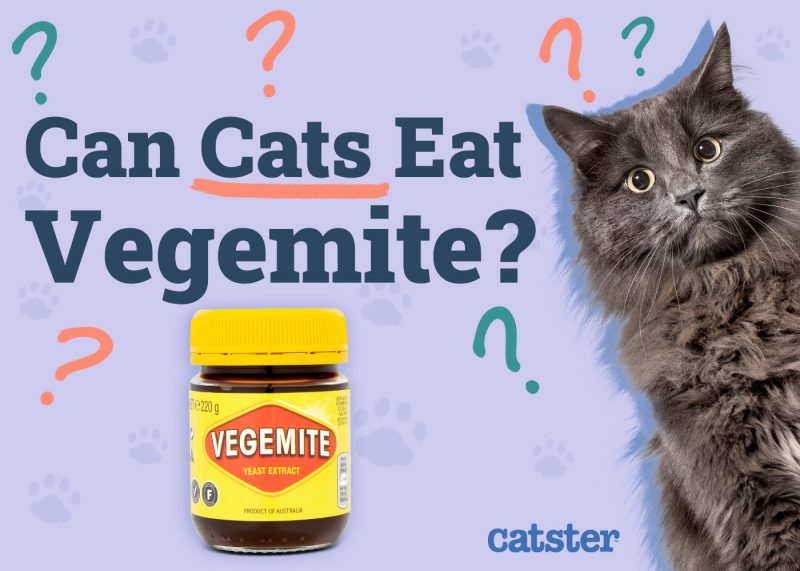
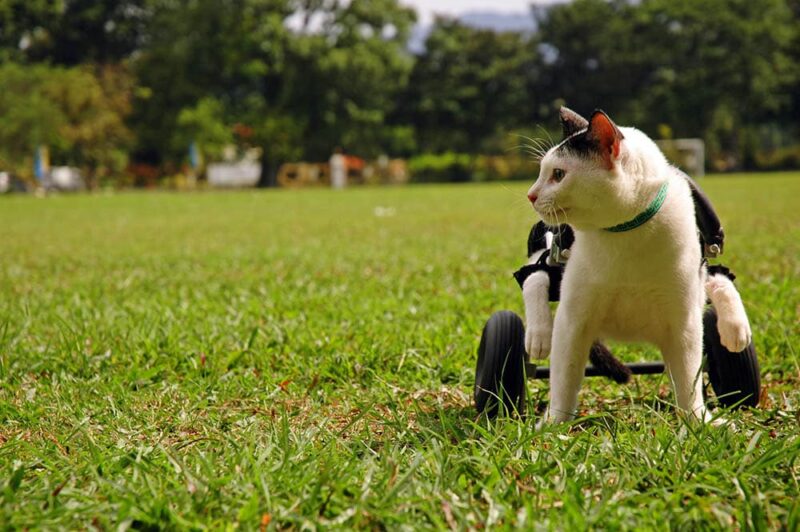
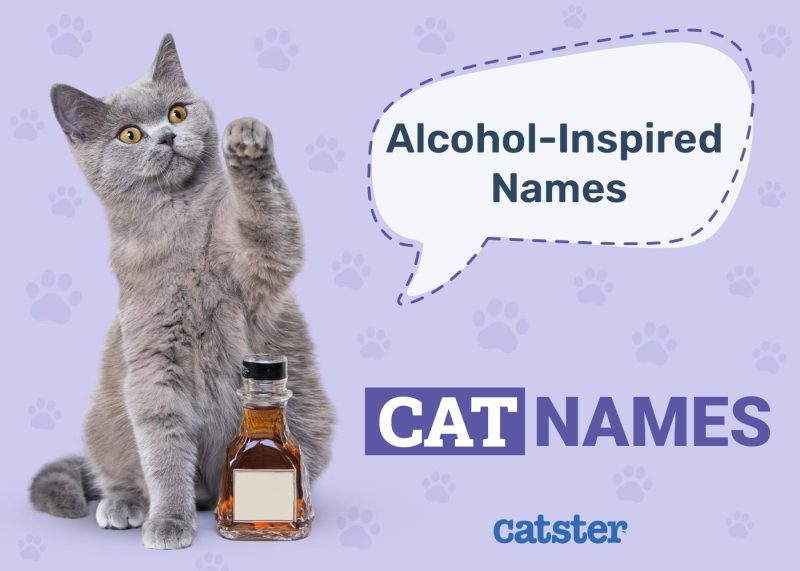
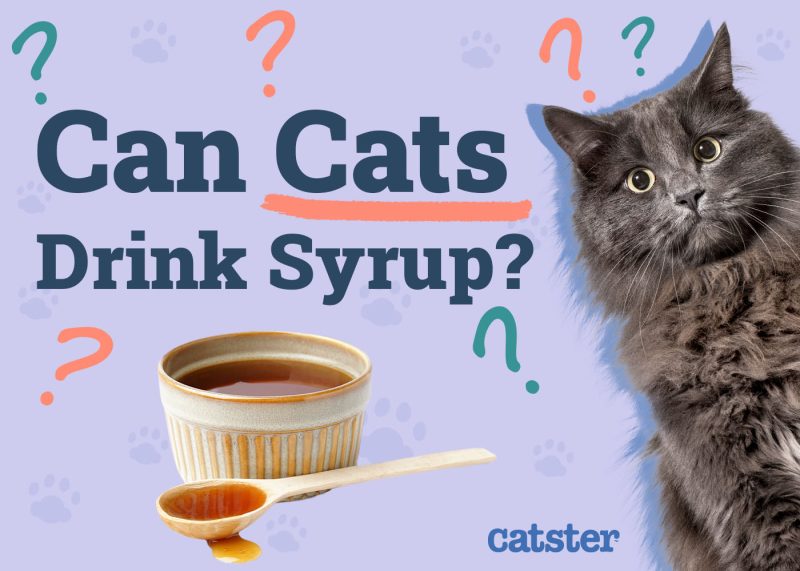
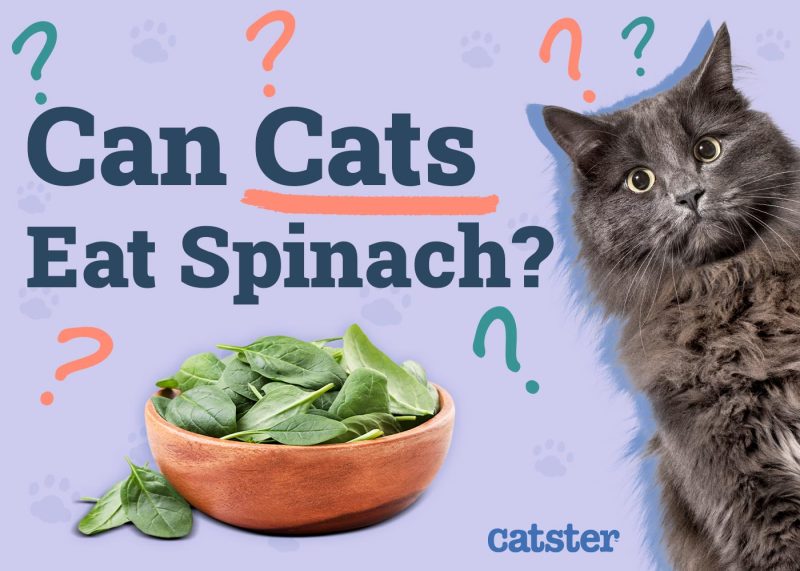
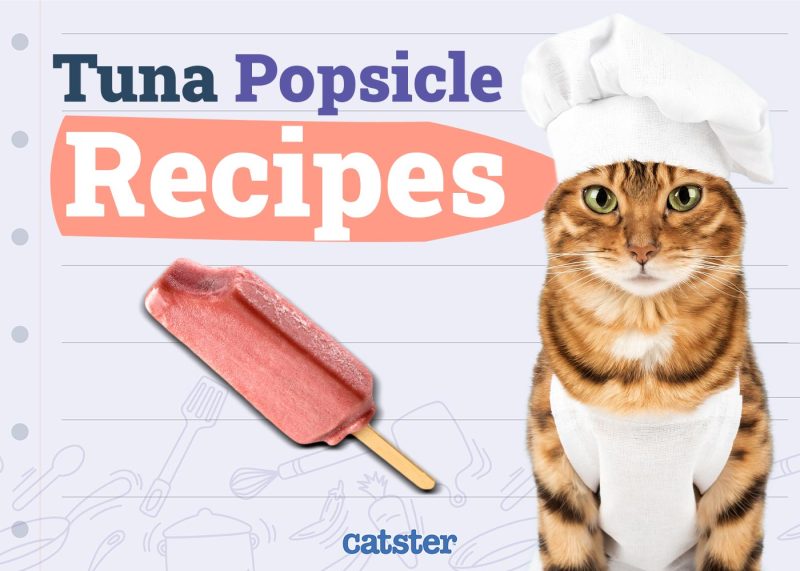
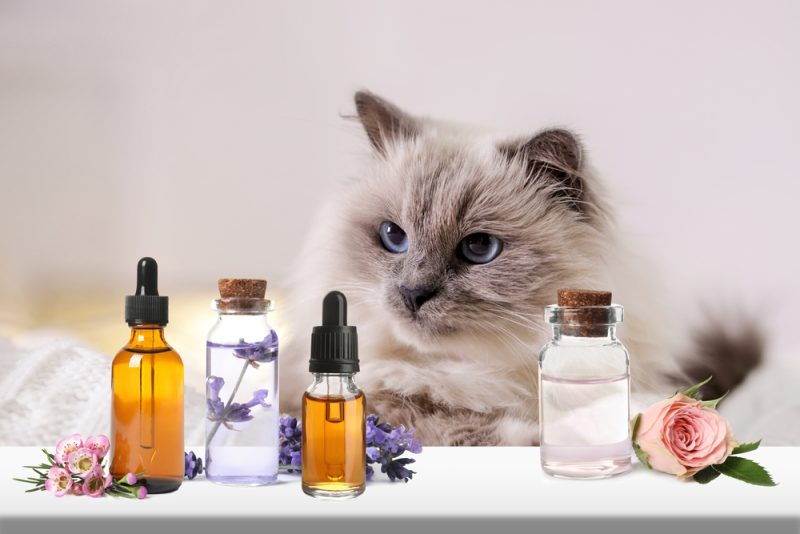
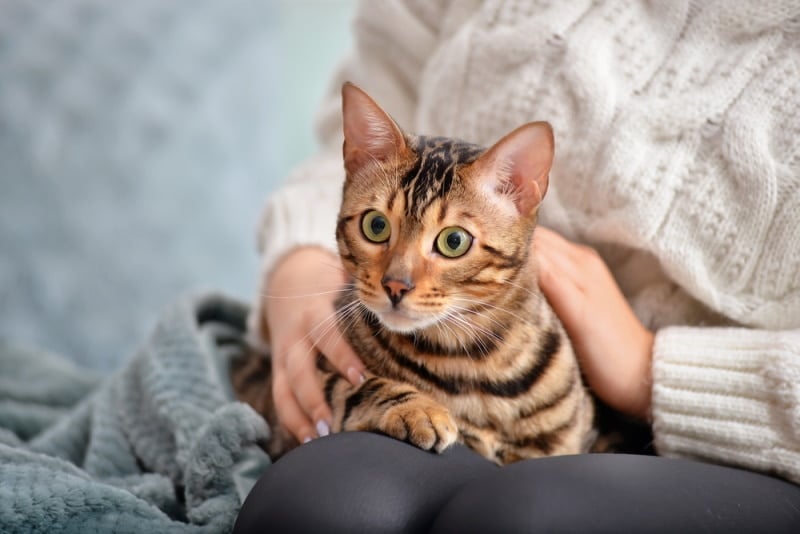
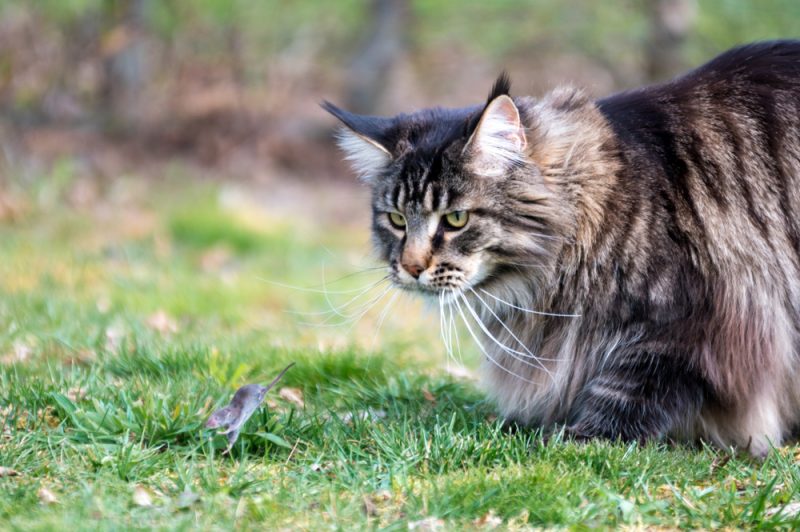
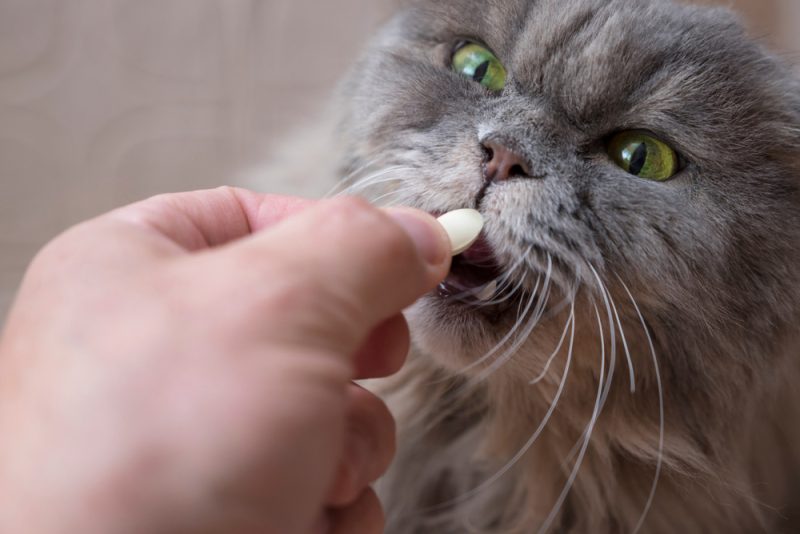
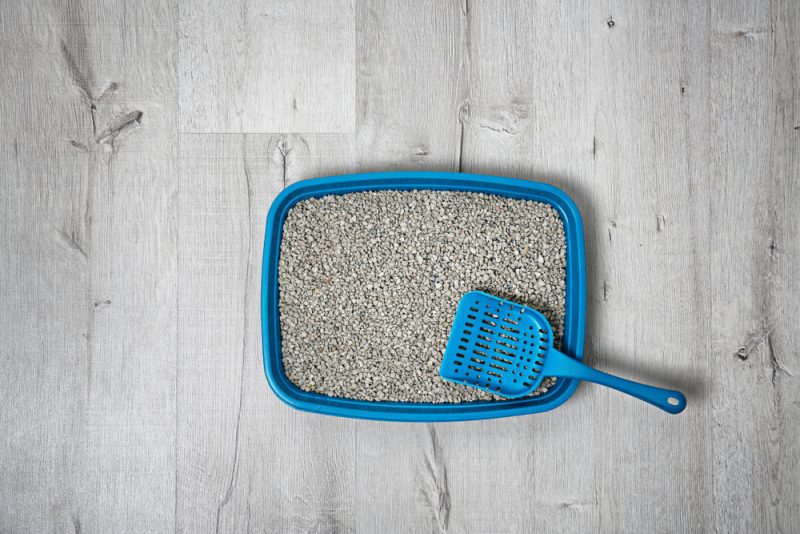
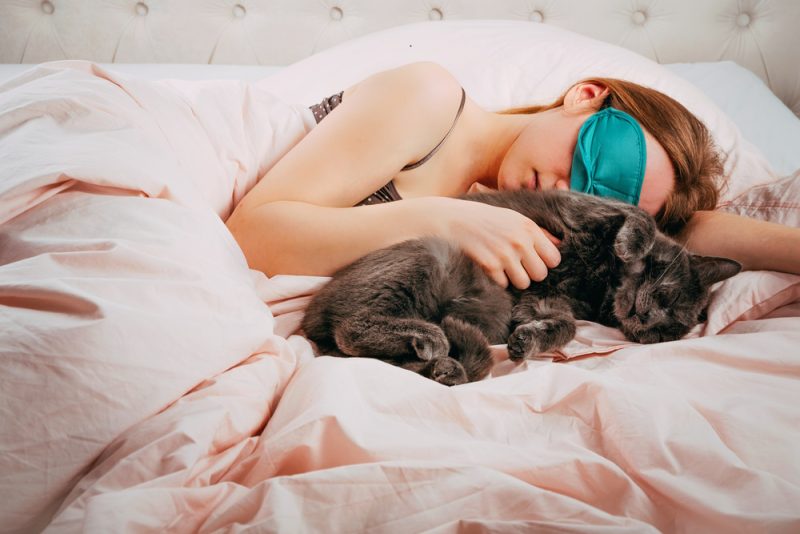



2 Responses
Here's the problem: where I live, the water is very hard. It has gunked up a number of water pumps on fountains. I bought a new stainless steel fountain, and am attempting to keep it going. I do not have room in my house for a water softener. Now I am worried about my cats missing minerals. One cat has to eat only hydrolized chicken cat food (Science Diet z/d ), and will not eat the wet version. I hesitate to have wet food around, since they will fight over it (the other cat has cardiomyopathy). Now what?
Hi Mary, cats shouldn’t drink hard water. Can you not use bottled drinking water for them? That can be added to the fountain. You have other specific questions about your cats’ diets. We recommend you book a 1:1 consultation with a vet at www.pangovet.com so they can review the specifics and help you help your cats.